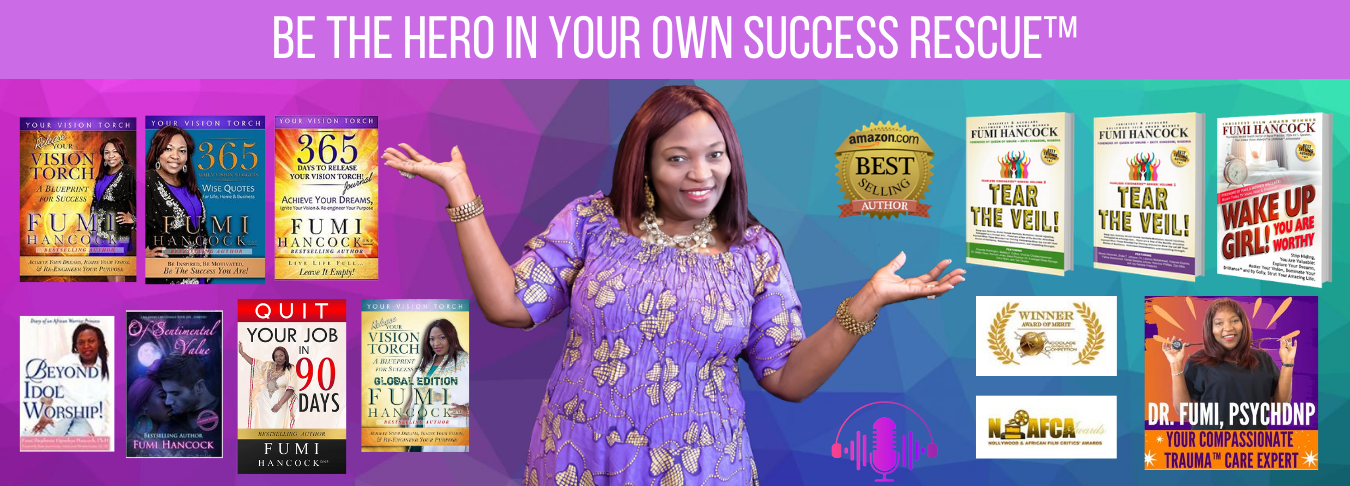 Writers are always asking other writers about ways to make their own books better. It’s easy to give advice—but sometimes it’s even better to point a writer in the direction of a great teacher. In my quest to help authors around the world, I have compiled a list of books that will help you become a better writer. These books have proved crucial to authors the world over—and, if you don’t know them already, they will more than likely prove to be crucial aids on your journey towards success as a writer.
Writers are always asking other writers about ways to make their own books better. It’s easy to give advice—but sometimes it’s even better to point a writer in the direction of a great teacher. In my quest to help authors around the world, I have compiled a list of books that will help you become a better writer. These books have proved crucial to authors the world over—and, if you don’t know them already, they will more than likely prove to be crucial aids on your journey towards success as a writer.
Donald Maas
Writing the Breakout Novel Workbook
First published in 2004, this is the book that gives backbone to Mr. Maas’s famous Writing the Breakout Novel training modules. Its three sections cover a wide range of topics under the section headings Character Development, Plot Development and General Story Techniques. This workbook should definitely be in your library, especially if commercial success is something you are hoping to achieve.
Diane Ackerman
A Natural History of the Senses
First published in 1991, this book is a grand tour of the realm of the senses. In it she describes the evolution of the kiss, the cuisine of eighteenth century England, and a lot more. Structured into chapters for each sense, this unusual and thought provoking book is a treasure trove for those who are interested in helping readers see what they see and feel what a character feels.
Sol Stein
Solutions for Writers
First published in 2005, this is the essential guidebook on how to write for today. Broken up into sections and covering both fiction and non-fiction, it contains a huge amount of practical advice on issues from the writer’s job, to the Keys to Swift Characterization, to adding Resonance.
Drew Yanno
The 3rd Act
This is a book that has helped many writers over the years. It’s mainly aimed at script writers and features lots of references to many of the best movies of all time. But I don’t think that makes it any less relevant to fiction writers. Plus, there are so few books about how to construct a good ending, this one deserves a place on your shelf just for that reason alone.
YOUR VISION TORCH Series
Achieve Your Dreams, Ignite Your Vision, & Re-engineer Your Life Purpose
More blog articles at www.yourinneryou.com
Dear Princess Column at: www.sentimentalnursewriter.com
Download your free sample here



